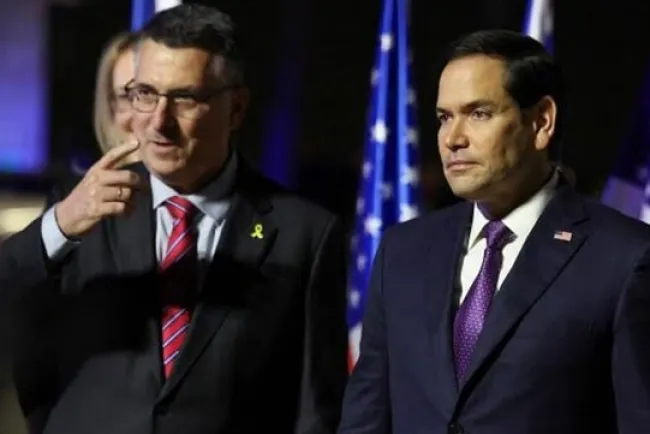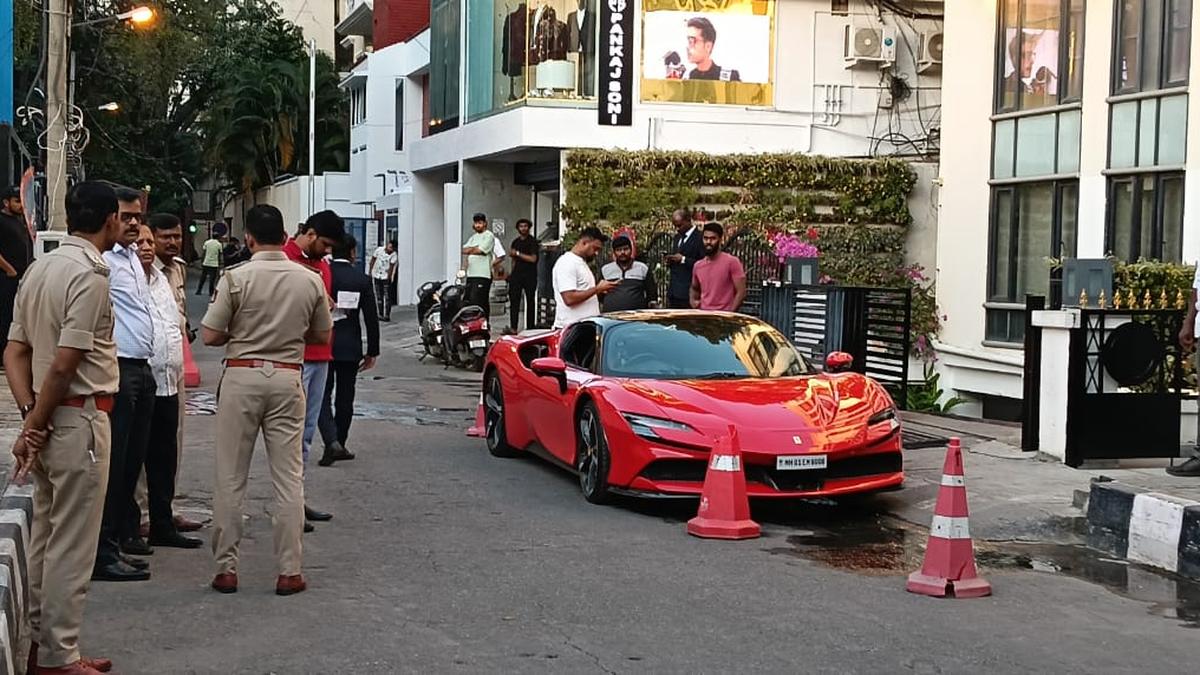Ukraine Targets Moscow: Drone Attacks Renew Tensions Amid Ceasefire Proposals
Ukrainian drone strikes on Moscow have prompted the closure of major airports, signaling escalating tensions. What could this mean for the fragile peace process?

The ongoing conflict between Ukraine and Russia has seen a significant escalation with Ukraine launching drone attacks on Moscow for the second consecutive night. Russian officials reported that 19 Ukrainian drones targeted the capital, leading to the temporary closure of three major airports. This incident underscores the fraught atmosphere surrounding peace negotiations, particularly as Russian officials claim that debris from an intercepted drone fell on a crucial highway into the city.
Dramatic Developments in the Conflict
The recent drone strikes come amidst a backdrop of fluctuating peace proposals. U.S. President Donald Trump recently expressed optimism about a potential peace agreement following a proposal from Russian President Vladimir Putin for a three-day ceasefire coinciding with Russia's Victory Day celebrations. Trump noted that while a three-day ceasefire may seem minimal, it represents a significant step in the context of prior hostilities, referring to a period when diplomatic communication between the U.S. and Russia was virtually non-existent.
Despite Trump's endorsement of Putin's proposal, Ukrainian President Volodymyr Zelensky dismissed it as mere theatrics, indicating a lack of faith in Russia's sincerity regarding peace. This skepticism reflects the broader uncertainty surrounding the conflict, as Russia continues to reject calls from Kyiv and Washington for a comprehensive 30-day ceasefire.
The Implications of Ceasefire Proposals
Putin's announcement of a humanitarian truce from May 7th to 9th was seen as a strategic move rather than a genuine attempt to foster lasting peace. Trump, while expressing hope for a settlement, has noted frustrations with Russia's cooperation in negotiations. He suggested that if he were not in office, the prospect for a resolution would be bleak.
The timing of Putin's ceasefire proposal raises questions about its motivations. Observers noted that this followed Trump's earlier statements criticizing Russia's lack of engagement in the peace process, leading to speculation that the Kremlin is attempting to appease Trump. Such actions highlight the intricate interplay between international diplomacy and domestic political considerations.
Future Prospects for Peace
As the conflict continues, the international community remains watchful of the shifting dynamics. The Kremlin has hinted at the possibility of a meeting between Trump and Putin, although no formal plans have been established. Meanwhile, Trump’s Middle East envoy, Steve Wood, has been actively involved in the negotiations, which could influence the direction of future discussions.
The situation remains fluid, with Ukraine's actions in Moscow signaling a determination to resist Russian aggression despite ongoing diplomatic overtures. The interplay between military actions and peace negotiations will be crucial in determining the future landscape of the conflict.
Conclusion
As Ukraine's drone strikes challenge the narrative of impending peace, the international community must grapple with the complexities of the situation. The prospect of a lasting ceasefire hangs in the balance, with both military and diplomatic efforts shaping the path forward. The coming weeks will be pivotal as stakeholders navigate the intricacies of this enduring conflict.
For continuous updates on the Ukraine-Russia conflict and its implications, stay connected with our blog.
What's Your Reaction?
















